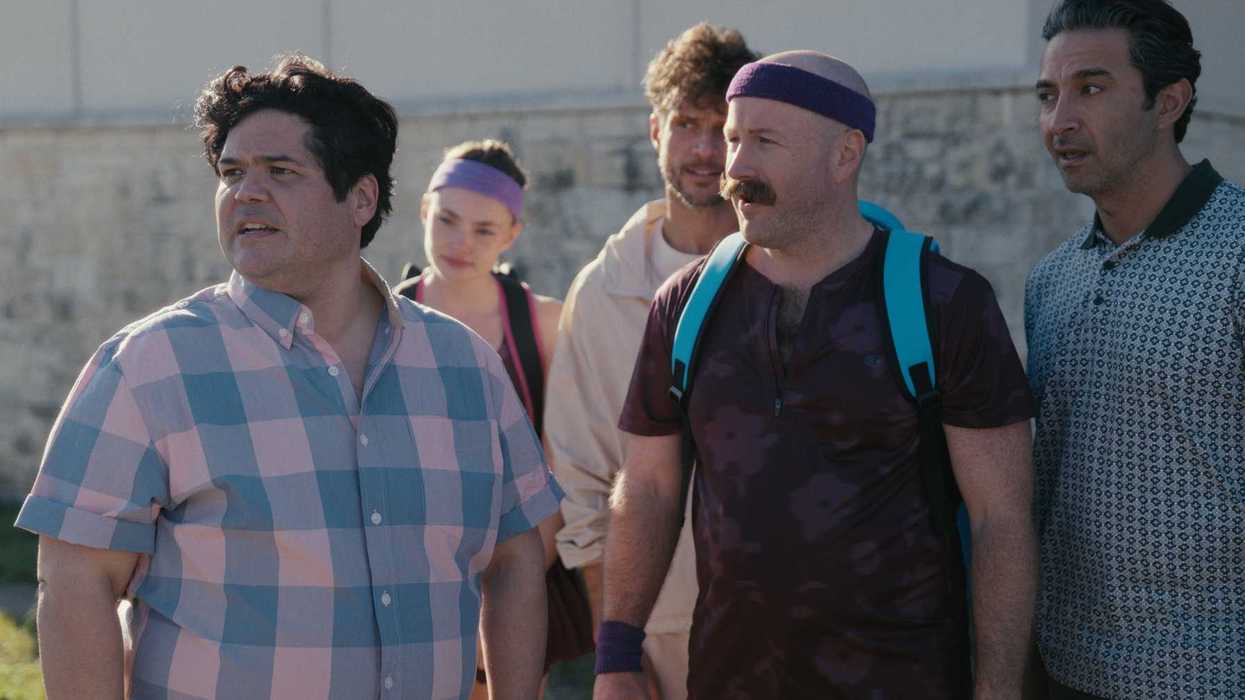Astrodome Saved
The Astrodome is saved? A first look at a $194 million reimagined Dome
If the future of the Astrodome has been keeping you up at night, you'll rest easy knowing that a major step was taken in favor of preservation at a board meeting on Wednesday afternoon: The Harris County Sports & Convention Corporation (HCSCC) board unanimously agreed on a recommendation to repurpose the Houston landmark.
Willie Loston, executive director of HCSCC, said that none of the 19 privately-funded proposals submitted by the June 10 deadline met the criteria required, but the public use option presented at the board meeting does — think of it as "The New Dome Experience." (See the renderings above this story for a first look at the concept.)
"What we want the 'Dome to become for major events in Reliant Park is the front door."
Loston, along with SMG-Reliant Park general manager Mark Miller, presented the plan for a 350,000-square-foot column-free exhibition space, which would require removing the seats and raising the floor to street level.
Other improvements would include adding glass at the stadium's four compass points for enhanced natural light and aesthetics, with a signature entry at the south end; installing solar panels on the domed roof and incorporating other building systems to improve energy-efficiency; and removing the berms, entrance ramps and ticket booths from the building's exterior to create a more continuous and useable outdoor plaza, with food vendors and restroom opportunities as well as green space.
"What we want the 'Dome to become for major events in Reliant Park is the front door," explained Miller.
The reimagined space could serve, he said, as the headquarters for Reliant Park's 24-hour security post, and would help facilitate emergency operations within the county in the case of disaster. The interior could be easily reconfigured to accommodate swim meets, graduations and other community events, football games, conventions and more.
The project is estimated to take about 30 months to build out at a cost of approximately $194 million, including everything from architectural and engineering fees to food service, according to Miller, although board chairman Edgardo Colón said that the HCSCC hopes to reduce that amount even further with alternative sources of financing.
"We think from an operating standpoint that the operating expenses and revenues should balance out and we don't foresee, right now, any additional subsidies being necessary from the county," Miller said.
This recommendation will be presented to the Harris County Commissioners Court at the Capital Improvement Program meeting on June 25, although it already has an important proponent in Harris County Judge Ed Emmett.
"I think the concept is outstanding, and at the end of it I really believe that Houston and Harris County would become the event capital of the world," said Emmett, who looks at the plan less as preserving an historic building than turning a county asset into a revenue generator.
"The opportunities are just endless, so I think it's a perfect solution."

 Harvey Guillén, Kristine Froseth, Jared Bonner, Ryan Cooper, and Pej Vahdat are just some of the cast in Pickleheads. Photo courtesy of Pickleheads
Harvey Guillén, Kristine Froseth, Jared Bonner, Ryan Cooper, and Pej Vahdat are just some of the cast in Pickleheads. Photo courtesy of Pickleheads